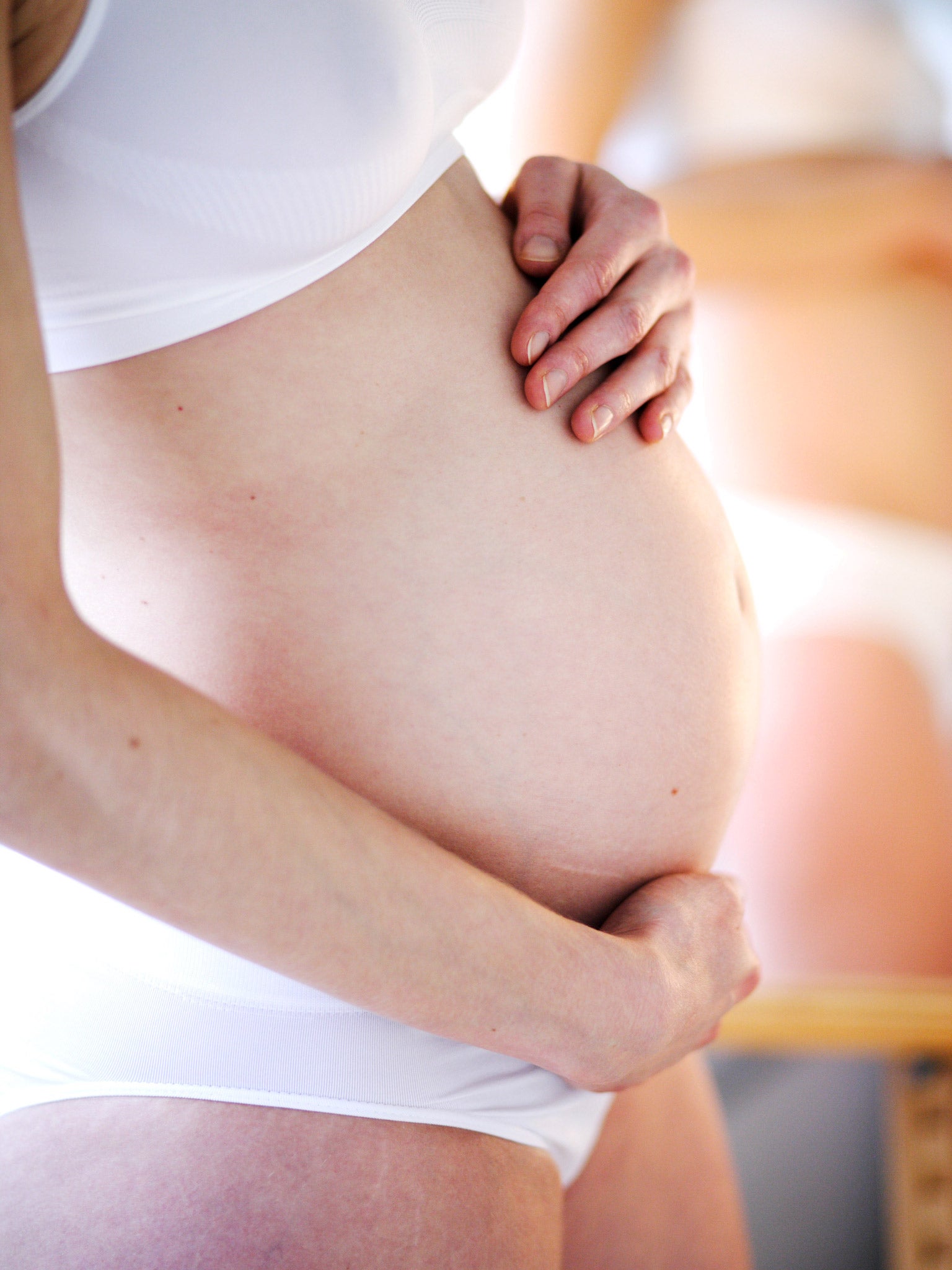Pregnant women 'more likely to miscarry as result of cuts to Government spending'
Nine months after the cuts, births dropped below 15,000 for the first time since 1956

Your support helps us to tell the story
From reproductive rights to climate change to Big Tech, The Independent is on the ground when the story is developing. Whether it's investigating the financials of Elon Musk's pro-Trump PAC or producing our latest documentary, 'The A Word', which shines a light on the American women fighting for reproductive rights, we know how important it is to parse out the facts from the messaging.
At such a critical moment in US history, we need reporters on the ground. Your donation allows us to keep sending journalists to speak to both sides of the story.
The Independent is trusted by Americans across the entire political spectrum. And unlike many other quality news outlets, we choose not to lock Americans out of our reporting and analysis with paywalls. We believe quality journalism should be available to everyone, paid for by those who can afford it.
Your support makes all the difference.Expectant mothers are more likely to miscarry as a result of cuts to Government spending, researchers have claimed.
The stress caused to unborn children as a result of austerity measures leading to lower incomes increases the probability of stress-induced miscarriage, researchers will tell the Royal Economic Society conference.
The authors of the report ‘Save Some, Lose Some: Biological Consequences of an Unexpected Wage Cut’ have urged policy-makers to “consider that unexpected policy changes may act as sufficiently severe stressors with unexpected or unintended consequences”.
Economists Simona Bejenariu from the University of Gothemberg and Andreea Mitrut of Uppsala University and Uppsala Center for Labor Studies looked at the impact of recent austerity measures in Romania. Reforms announced in May 2010 included a 25 per cent cut in wages for all public sector employees, and a cut in child care allowance.
The report’s authors analysed all registered births in Romania over a three-year period. The study compared the outcomes at birth between children in utero at the time of the policy announcement to that of their peers born in 2009.
It found fewer boys were born, with a live birth being 4.5% less likely to be a boy than during normal times. Those males who did survive were found to be ‘healthier than in normal times’.
Co-researchers Simona Bejenariu from the University of Gothemberg and Andreea Mitrut of Uppsala University and Uppsala Center for Labor Studies argue that these findings suggest a process of ‘induced selection’ in the womb, suggesting that “significant shock in gestation preponderantly selects against frail male foetuses”.
Past research suggests that male foetuses are less likely to survive severe trauma than female foetuses.
The study to be released today also found children in Romania post-2010 were 17% less likely to be born with a low birth weight.
The natality rate in Romania dropped sharply following the financial cuts. In February 2011, precisely nine months after the changes were made, the number of births dropped below 15,000 for the first time since 1956, and the number of live births was just 13.844 – the lowest rate ever recorded in the country.
The result of the study coincides with a wave of new welfare reforms being implemented across Britain.
“The effects of the Great Recession may be more far reaching than initially thought,” Dr Bejenariu and Dr Mitrut said. “In light of our study and continued social unrest over austerity measures in Europe, policy-makers should consider that unexpected policy changes may act as sufficiently severe stressors with unexpected or unintended consequences.”
Join our commenting forum
Join thought-provoking conversations, follow other Independent readers and see their replies
Comments